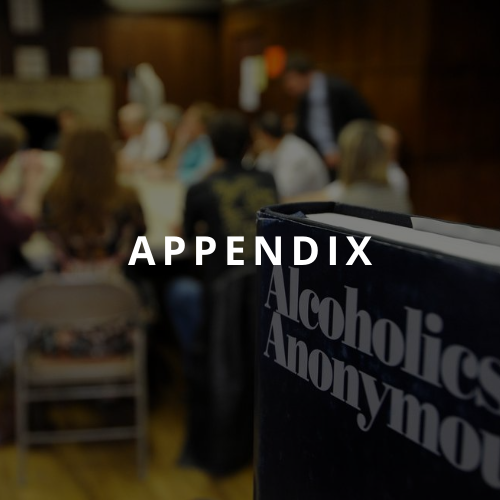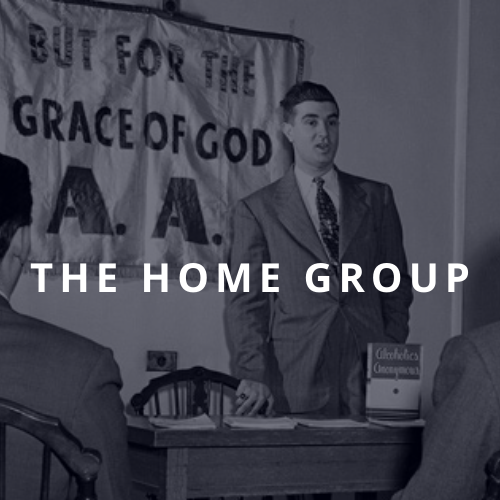The A.A. Group — the Final Voice of the Fellowship
“The entire structure of A.A. depends upon the participation and conscience of the individual
 The A.A. Home Group Traditionally, most A.A. members through the years have found it important to belong to one group which they call their “Home Group.” This is the group where they accept service responsibilities and try to sustain friendships. And although all A.A. members are usually welcome at all groups and feel at home at any of these meetings, the concept of the “Home Group” has still remained the strongest bond between the A.A. member and the Fellowship. With membership comes the right to vote upon issues that might affect the group and might also affect A.A. as a whole—a process that forms the very cornerstone of A.A.’s service structure. As with all group-conscience matters, each A.A. member has one vote; and this, ideally, is voiced through the home group. Over the years, the very essence of A.A. strength has remained with our home group, which, for many members, becomes our extended family. Once isolated by our drinking, we find in the home group a solid, continuing support system, friends and, very often, a sponsor. We also learn firsthand, through the group’s workings, how to place “principles before personalities” in the interest of carrying the A.A. message. Talking about her own group, a member says: “Part of my commitment is to show up at my home- group meetings, greet newcomers at the door, and be available to them—not only for them but for me. My fellow group members are the people who know me, listen to me, and steer me straight when I am off in left field. They give me their experience, strength and A.A. love, enabling me to ‘pass it on’ to the alcoholic who still suffers.” Excerpted from “The A.A. Group . . . Where It All Begins”, a pamphlet published by A.A. World Services and available online here https://www.aa.org/assets/en_US/p-16_theaagroup.pdf
The A.A. Home Group Traditionally, most A.A. members through the years have found it important to belong to one group which they call their “Home Group.” This is the group where they accept service responsibilities and try to sustain friendships. And although all A.A. members are usually welcome at all groups and feel at home at any of these meetings, the concept of the “Home Group” has still remained the strongest bond between the A.A. member and the Fellowship. With membership comes the right to vote upon issues that might affect the group and might also affect A.A. as a whole—a process that forms the very cornerstone of A.A.’s service structure. As with all group-conscience matters, each A.A. member has one vote; and this, ideally, is voiced through the home group. Over the years, the very essence of A.A. strength has remained with our home group, which, for many members, becomes our extended family. Once isolated by our drinking, we find in the home group a solid, continuing support system, friends and, very often, a sponsor. We also learn firsthand, through the group’s workings, how to place “principles before personalities” in the interest of carrying the A.A. message. Talking about her own group, a member says: “Part of my commitment is to show up at my home- group meetings, greet newcomers at the door, and be available to them—not only for them but for me. My fellow group members are the people who know me, listen to me, and steer me straight when I am off in left field. They give me their experience, strength and A.A. love, enabling me to ‘pass it on’ to the alcoholic who still suffers.” Excerpted from “The A.A. Group . . . Where It All Begins”, a pamphlet published by A.A. World Services and available online here https://www.aa.org/assets/en_US/p-16_theaagroup.pdf












